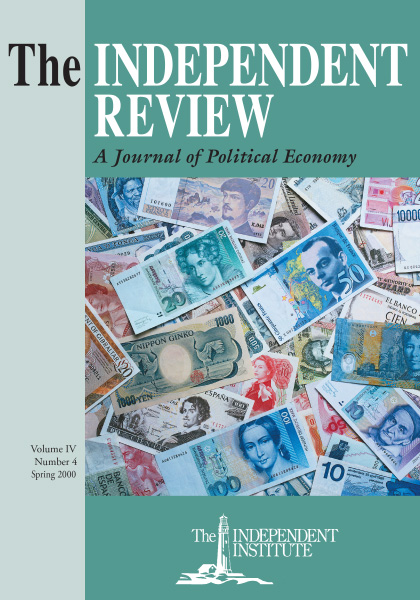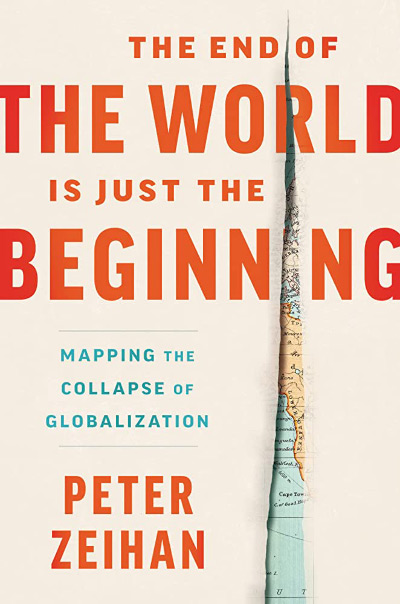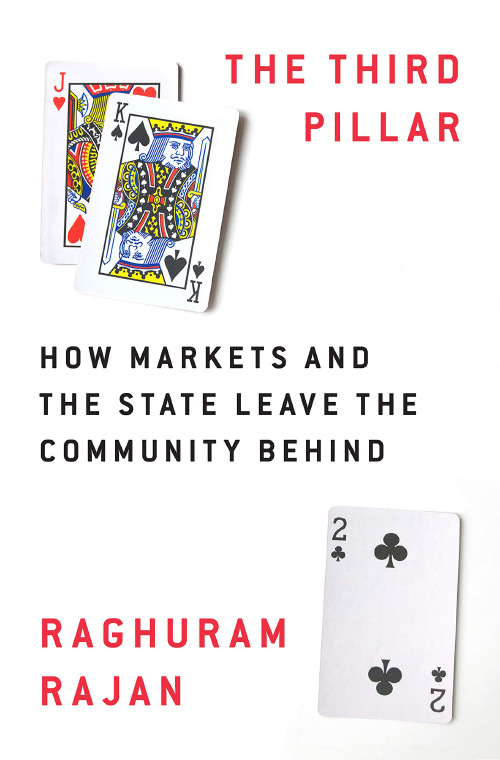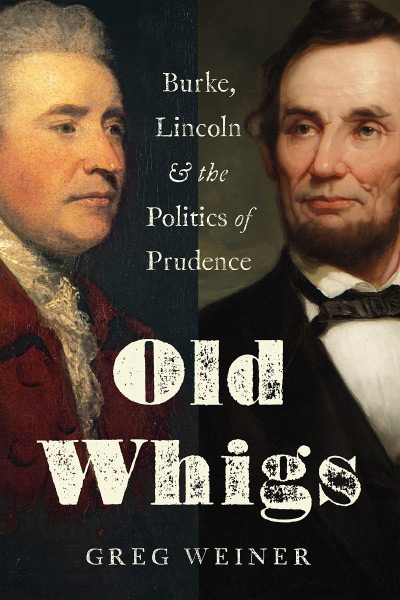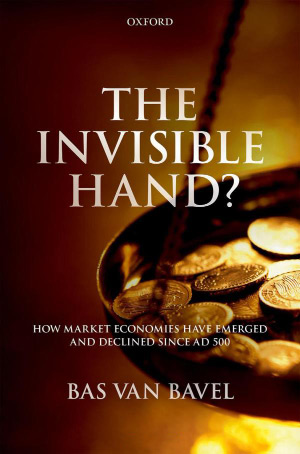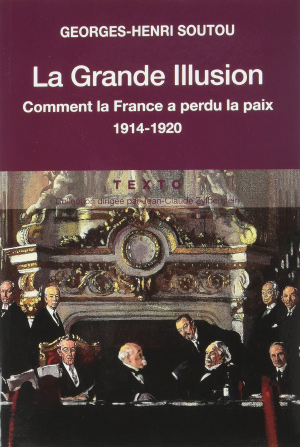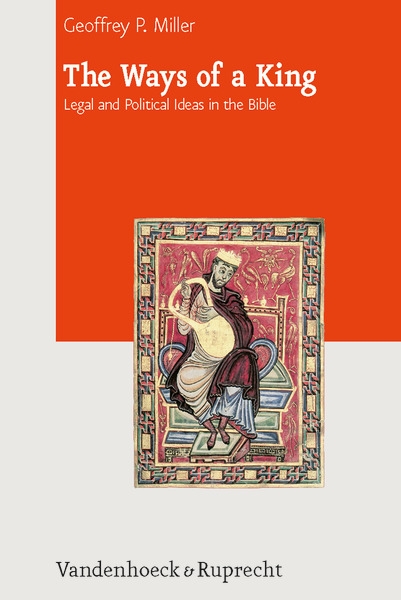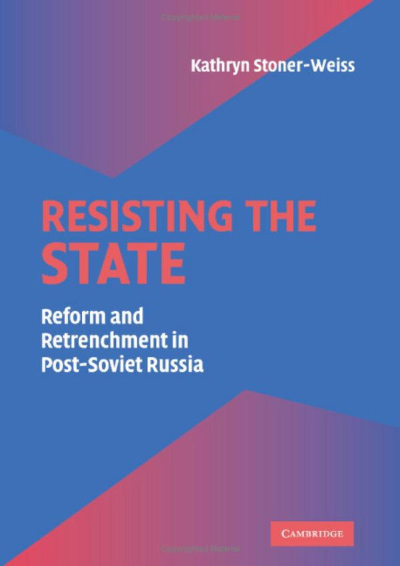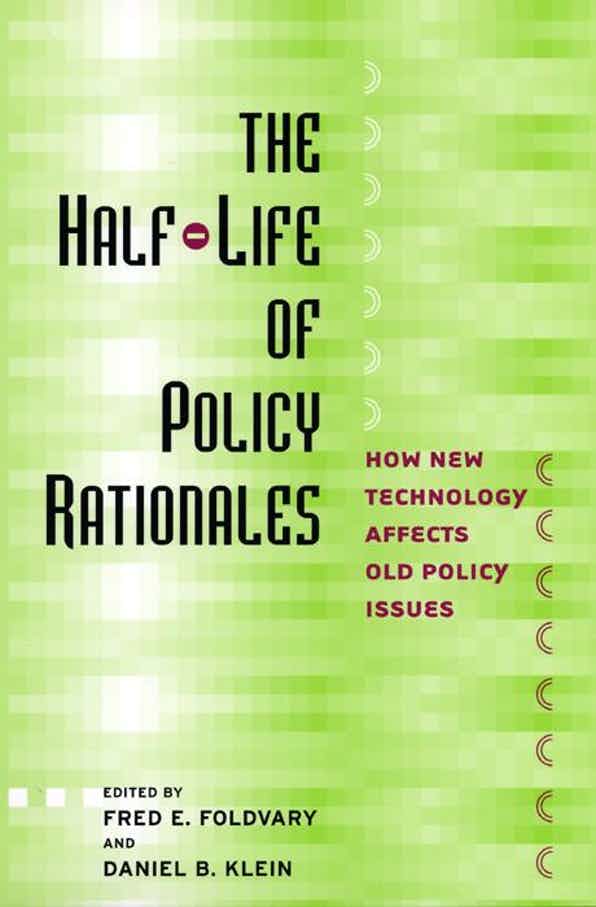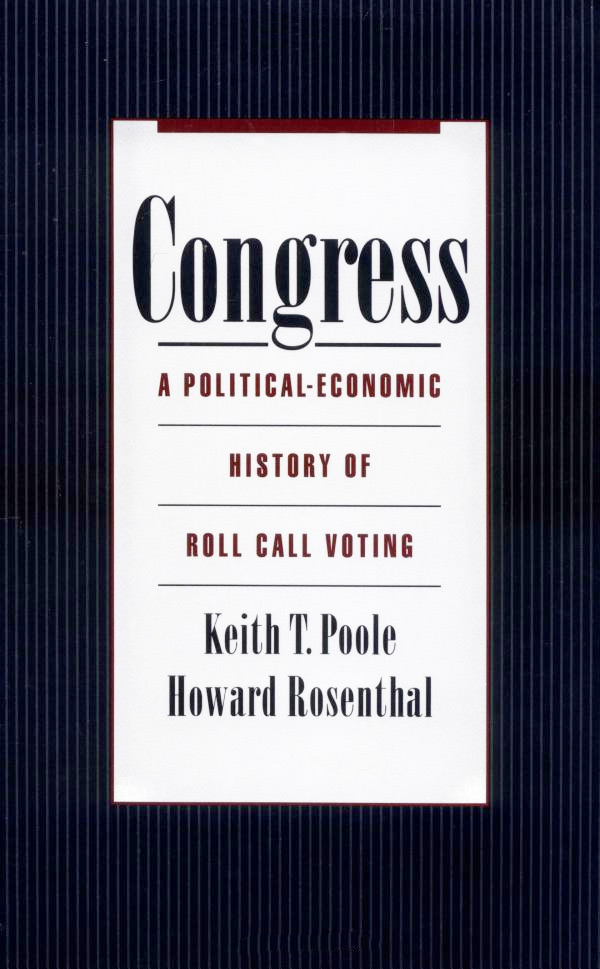To say that the new book by Ralph Raico, professor of history at Buffalo State College, fills a gap in the literature would be a gross understatement. There is simply no other study like it. Anyone who has taken undergraduate courses and graduate seminars in modern German history recalls that standard texts and specialized studies in the field run all the way from market-hating treatments to market-shy ones. Raico’s book, whose title in English would be “The Party of Freedom: Studies in the History of German Liberalism,” is something not often seen in this fielda market-friendly account by a classical liberal.
Raico studied with Ludwig von Mises and Friedrich von Hayek and translated Mises’s Liberalism into English in 1962. He is thus uniquely fitted to his task. Few historians have brought such a thorough knowledge of economic thought to bear on disputed historical questions. (Actually, few historians bring along much economic thought at all, yet many are downright happy to greet Bismarck’s Sozialpolitik or Roosevelt’s New Deal as great victories for humanity or prosperity.) On the basis of meticulous study of original sources and secondary literature, Raico has reconstructed lost, or deliberately forgotten, chapters in the story of German liberalism. The book has six chapters, three handling this reconstructive work (2, 3, and 4), two dealing with those who worked to uproot German liberalism (5 and 6). Chapter 1 surveys German liberalism from the eighteenth century to the Weimar Republic. Along the way, Raico raises doubt that the famous Sonderweg or “separate path” of German history was as completely divorced from possibilities realized elsewhere in eighteenth- and nineteenth-century western Europe as we have been led to believe.
In chapter 1, Raico remarks that people’s political opinions derive primarily from what they know of history, or what they believe they know. In recent decades a “new paradigm” for modern history has come into being, associated with Jean Baechler, David Landes, Douglass C. North, E. L. Jones, and Ernst Nolte, with Henri Pirenne as an honored predecessor. In this view, it was Europe’s divided sovereignties and competing powers (the Church among them) that made possible the rise of a market-based liberal social order. Unfortunately, most writers on German liberalism have overlooked these new insights.
Raico notes that Germans had benefited from the same system of relative powers as had western Europe. Economic life in England, and later the United States, taught how to foster prosperity. Raico’s research uncovers many neglected eighteenth-century German political liberals (for names, see p. 15) and advocates of economic freedom (names on p. 22). He treats Jakob Mauvillon, a mentor to the great French liberal Benjamin Constant, in some detail. Nineteenth-century German liberals faced the practical problem of Germany’s population explosion (figures, p. 24). They drew the now politically incorrect conclusion that only free, competitive markets and capital accumulation could prevent an “Irish solution” of mass famine and out-migration. For this, they were pilloried by their conservative, and later socialist, enemies as “Manchester men,” bringing in English ideas to the ruin of Germany. They stood for a liberal order resting on property, laissez-faire, limited government, personal freedom, and the rule of law (Rechtsstaat). The balance of the chapter follows German liberalism through Bismarck’s anti-Catholic Kulturkampf (not German liberalism’s finest hour), the rise of pressure-group politics, World War I, and the Weimar Republic, whose social-democratic drive to subsidize everything and everyone helped bring on the greatest disaster in German history.
Chapter 2 contains a thorough discussion of the Freihandelspartei, the free-trade movement. John Prince-Smith, an English immigrant who agitated for free trade from 1840 until his death in 1874, is central. His notion of the “primacy” of economic activity was surprisingly similar to Marxist historical materialism. (Raico and Leonard Liggio, to whom the book is dedicated, have argued for years that the parts of Marxism that can be said to “work” derive from early liberalism.) Like the radical French proponents of laissez-faire, Prince-Smith wanted to confine government to the “production of security.” Another surprise is the revelation that Prince-Smith’s more radical associates at the Berliner Abendpost may have been anarcho-capitalists who looked forward to the withering away of the state in a free-market economy. Max Stirner’s influence on the group is noted. In his later years, Prince-Smith fell into what Raico calls the “Pareto syndrome.” Alarmed by communism, which undertook to uproot liberal society, Prince-Smith sought safety in an authoritarian state. Raico asks, not unfairly, whether the socialists and communists should not bear some of the blame for this turn.
Chapter 3 presents a reevaluation of Eugen Richter, a member of the Prussian House of Delegates and the Imperial Reichstag and a leader of the Freisinn, the left-liberal party, once the main body of liberals began working with Chancellor Bismarck. Denounced by contemporaries and historians alike as a “petty-bourgeois penny-pincher,” a “doctrinaire,” and an unimaginative “dogmatist,” Richter was, in Raico’s opinion, “the last genuine liberal who still remained in the parliament of a great nation” (p. 89). Richter earned the name-calling through his consistent and hard-headed “negativism” toward all measures he believed would undermine the liberal order and, with it, Germans’ freedom and prosperity.
In 1879, Bismarck gave up free trade and let loose the legislative dance of a thousand Sonderinteressen (special interests). He tried to suppress the Socialists by law and then tried to woo away their mass base through state welfare measures. Richter, who had stood aloof from the Kulturkampf (thereby showing a real understanding of church-state separation), opposed both policies. The growth of Social Democracy forced him to adopt a “two-front strategy” to defend liberal achievements against both Right and Left. Evincing admirably consistent classical liberalism, Richter stood against militarism and adventurist foreign policy. Of Weltpolitik (world policy) he said that it meant “that one wishes to be everywhere, where something is going wrong” (p. 141). (One cannot help being reminded of American foreign policy.) Richter was a great detail man. A student of finance, he knew more about the Reich budget than those who brought it to Parliament. Bismarck, who regarded Richter as a most dangerous enemy, conceded that “he was the best speaker that we had” (p. 91). Raico concludes that Richter’s so-called negativism “served the freedom and peace of his country” (p. 98). (An English version of Raico’s essay on Richter can be found in Review of Austrian Economics 4 [1990]: 3-25.)
In chapter 4, Raico shows how German liberals sought to hold back a flood tide of neomercantilist, welfarist, and militarist measures that threatened to overturn the liberal market order grounded on private property and freedom and to put in its stead a Hobbesian war of rent-seeking Sonderinteressen. That neomercantilist assault amounted to the invention of modern politicsthe welfare-warfare state that some now seek to “reinvent.” Bismarck’s reintroduction of tariffs and his proposals for state-administered social insurance and pensionsthe “monarchical socialism” so admired by a generation of U.S. academics who studied in Germanyfound the minor liberal parties opposed on principle. Here Ludwig Bamberger, along with Richter, played an important role. The major liberal grouping, the National Liberals, having made it their business to support Bismarck come what may, rapidly sold out.
East-Elbian feudalists, Bismarck among them, denounced industrialists and capitalists as hard-hearted exploiters. They were especially vocal about the evils of “mobile capital.” They worried about proletarian hardship and poverty. Raico, echoing Franz Oppenheimer, observes that poverty had long existed in the rural districts presided over by these gentlemen and only became visible in the cities, where the market economy was working to eliminate it (p. 25). I would add that the Junkers’ grasp of pure economics was like that of Inspector Braesig in Fritz Reuter’s novel Ut Mine Stromtid (1862), who told a local Reformverein meeting that “die grosse Armut in der Stadt kommt von der grossen Poverteh her“roughly, The great destitution in the city is caused by poverty!
Like the left-wing socialists, the right-wing welfarists held the emotional high cards: humanitarianism, charity, and the lot, and I do not doubt that they mentioned children and villages now and then. Their opponents were branded as cold-hearted Manchesterite defenders of “exploiting gold-bags.” (Anti-Semitism, formerly a hobby-horse of socialists, was taken up by the Right in those years.) Liberals made cogent counterarguments. They asked whether it was wise for big landowners, who dispensed tariffs to favored industries, to adopt the slogans of the communist Left. They pointed out, vainly, that special legislation for workers conceded the socialists’ indictment of the market economy as fundamentally unjust. They asked whether a state that reduced workers’ incomes through tariffs, taxation, and militarism could then “help” them through further economic interventions. Bamberger commented that “whenever someone says ‘the state’ should do something or other . . . a more precise terminology would be, let the taxpayer foot the bill” (p. 165). German liberals knew that bad legislation could easily distort the complexly interwoven market order. They upheld strict economic nonintervention by the state as a barrier “against the plundering of the people by the politically powerful” (p. 166). Their preference for laissez-faire was thus not dogma but a carefully thought-out conclusion. That they lost does not make them wrong.
Raico writes that German liberals lacked the economic tools to make the important argument that the employer’s “contribution” to state-sponsored insurance schemes was an optical illusion: the workers paid the entire bill, and the employers chalked the lot up to the costs of labor. Generally, the late-nineteenth-century German debate took place at a level where such arguments would likely have made little real difference. The dearth of sound theory emerges nicely in chapter 5, on the Kathedersozialistenthe “socialists of the chair“and their role in the eclipse of German liberalism. Inspired and led by Gustav Schmoller, these well-placed Herr Doktors, who dominated German economic teaching, were theorielos, “without theory,” and, therefore, up the intellectual creek without a paddle. They heaped up raw data and price series without end, on the claim that, given enough facts, “theory” would spring forth someday from the practice of empirical economic history.
That outcome was impossible, but hope for it did free them from having to submit their favorite social reforms to existing economic theory, which already showed the drawbacks of their proposals. No, it was much better to denounce capitalism, discover an unending array of new Misstände (social problems), and then proposeon no grounds at allstate interventions to cure them. Raico comments that it apparently never came to them that “without economic theory it was impossible to determine whether their reforms had succeeded or failed” (p. 184). He compares these learned gents to present-day American “welfare-warfare” intellectuals of New Class fame. He quotes Arwed Emminghaus, who said that such a world-outlook “knows no absolute limits to state activity, because it recognizes no specific state task” (p. 40). Again, this vague and pragmatic statism, which grabs onto whatever comes into view, reminds me of some recent U.S. administrations, whose way was prepared by our very own Kathedersozialisten.
Chapter 6 is a wonderful piece of demolition, as enjoyable in its way as what happened to the Berlin Wall a few years ago. The rubble here, once Raico is done, belongs to the reputation of Friedrich Naumann, a would-be mover and shaker held up by most Germans today as the great liberal icon of their recent history. Trained for the ministry, Naumann took Christian socialism as his early creed. Having visited Palestine and finding it an unlikely home for a great religion, he went in for secular reform. He agitated for the great German navy, which soured relations with England, and proclaimed the genius of Wilhelm II. Sobering up from Kaiser-worship, he forged ahead with “social liberalism,” which would do all kinds of “national-social” good deeds. He used that phrase so much, it seems fair to call him a forerunner of National Socialism in some measure. During the Great War, Naumann called for a German-dominated Mittel Europa. As defeat loomed, he shifted over to bureaucratic internationalism, in which Germany would help build a new world order. Throughout, Naumann never gave up his early commitment to Marxist economic fallacies. As a Schwärmer for ever-new reasons to embrace unlimited state power, he brings to mind our own Max Lerner. (This comparison may be unfair to one of them, but it is hard to say which one.) As a gravedigger of German liberalism, Naumann might well be seen as influential principally in a negative sense, in contrast to Richter, who constructively opposed national-socialist, militarist, and allied trends.
For solid research and interpretation, not to mention entertainment, the chapters on Richter and Naumann seem to me much the best. The Raicovian wit and devastating understatement that we have learned to expect come across even auf Deutsch. My only regret is that this important work is not yet available in English. Those who have any German at all owe it to themselves to read this masterful work from the pen of one of our best classical liberal historians.
| Other Independent Review articles by Joseph R. Stromberg | ||
| Winter 2012/13 | Onward, Secular Soldiers, Marching as to War | |
| Summer 2012 | Jack of No Trade, Masters of War | |
| Spring 2011 | William F. Marina as Teacher and Historian: Some Early Impressions | |
| [View All (7)] | ||

